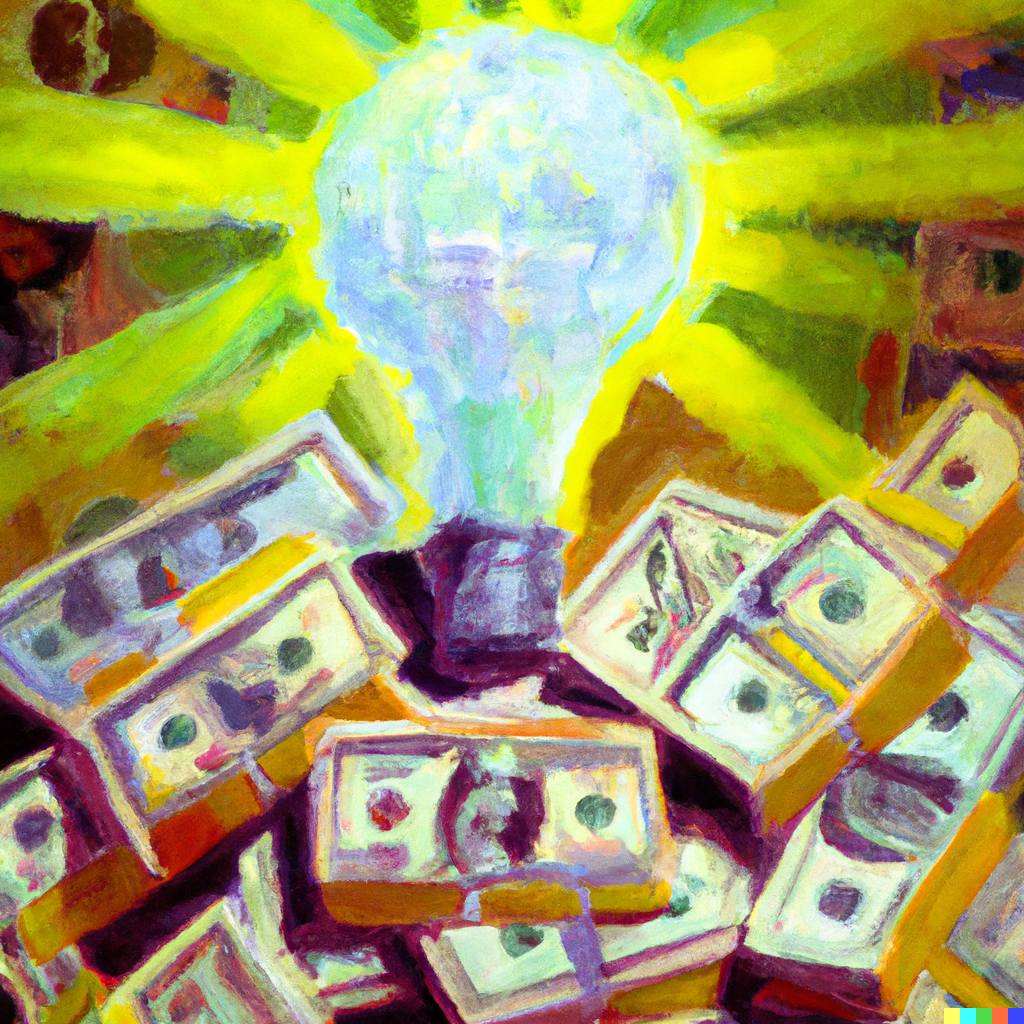- About Us
- Services
- Industries
- Resources
- Tools
- Locations
- Contact Us

Obtaining a patent, trademark, or design registration can be an important step in commercialising an invention. These forms of intellectual property (IP) protection can provide inventors with exclusive rights to prevent others from making, using, or selling their invention without their permission. This can give inventors a competitive edge in the marketplace and help them to generate revenue from their invention.
A patent can protect the invention from being copied by competitors, a trademark can be used to identify the company and its products or services, and a design registration can be used to protect the aesthetic features of the invention. Inventors can use these forms of IP to:
One of the most common ways to commercialise an invention is through licensing. A patent, trademark, or design registration can be licensed to another company, allowing them to use the IP in exchange for royalties or other compensation. In this scenario, the owner of the IP retains ownership of their IP. This can be a good option for inventors who do not have the resources or expertise to manufacture and market their invention themselves. By licensing their IP, inventors can still benefit from the invention while allowing others to take on the commercialisation risk.
Another possibility may be to file a patent application and sell it outright to another company, person or business for an agreed amount. In this scenario, ownership of the IP transfers to the other party and the seller has no further say on how it is used.
Another way to commercialise an invention is by manufacturing and selling it directly to consumers or other businesses. In this case, a patent, trademark, or design registration can provide inventors with exclusive rights to prevent others from copying their invention. This can give inventors a competitive advantage in the marketplace and help them to generate revenue from sales of their invention. However, this approach requires significant resources and expertise, and inventors will need to invest in research and development, manufacturing, marketing, and distribution.
Franchising is another way to commercialise an invention using a patent, trademark, or design registration. In a franchise agreement, the inventor allows others to use their IP, including trademark, business model, and other proprietary information, in exchange for a fee. This can be a good option for inventors who want to expand their business quickly and with minimal risk. Franchisors may also undertake to carry out services for the franchise group such as website maintenance, advertising, software updates etc.
Another way to facilitate the commercialisation of an invention is through government grants and incubators. These programs can provide funding, mentorship, and other resources to help inventors move their inventions from concept to reality.
Crowdfunding is an increasingly popular method of commercialising an invention. Inventors can use crowdfunding platforms to raise money from a large number of people, usually through online campaigns. Crowdfunding can be a good option for inventors who have a good idea but lack the resources to bring it to market. However, it is important to note that obtaining a patent, trademark, or design registration can be important to protect the invention from being copied by others and to be able to use it as a selling point for the campaign. It is important to understand that the step of putting it into the public domain on a crowdfunding site should only be done once a patent or registered design application has already been filed.
Angel investors and venture capitalists can provide funding for inventors who are looking to commercialise their inventions. Angel investors usually get involved at an early (pre-revenue) stage, while there is high risk, and expect explosive growth in return. These investors typically take an equity stake in the company and provide mentorship and other resources to help the inventor bring their invention to market. A patent, trademark, or design registration can be an important asset for an inventor to attract investment as it can demonstrate that once a market is created, it can be defended. A large number of angel investment ecosystems are available in which startup founders can make a pitch to angel investors.
Venture Capital (VC) firms also provide funding for new businesses, but they generally only get involved once businesses already have some traction in the marketplace and are looking to expand. They invest more money in lower risk startups, and are typically looking for less explosive growth than angel investors.
If you have any questions about these, please feel free to contact one of our patent attorneys.

Mike Biagio has had previous experience in research and development and project engineering before becoming a patent attorney. Mike has been involved in specialist intellectual property law since 2001 in a variety of countries including South Africa, New Zealand and Australia, and has more than 21 years of experience as a patent attorney in obtaining patents and designs around the world for his clients.
Mike has been a lecturer and regular mentor at UNSW, University of Wollongong, and University of Sydney for a number of years, and has advised start-ups at incubators/accelerators on intellectual property and ideation.
I found them online and initially I was bit hesitant to talk to them about my problem but when I spoke to Barry, I felt more comfortable, and he gave me all the information and advice I wanted without even thinking that I am going to give him business or not. Finally, I went with them, and they made the entire process so smooth and easy for me. john was keeping us updated with each step he was doing. I would recommend these guys for any patent or trademark related service.
I would like to express my thanks to Barry and his team at IP Guardian in Sydney for their assistance with our recent Trademark application. Barry was highly professional, readily available throughout the process and clearly communicated expectations. Barry even helped us refine our application so that we had a greater chance of success which was very much appreciated to avoid extra costs. I would highly recommend Ip Guardian for all your Trademark and Intellectual Property needs.
Barry, last week, you and your professional team, made my year (or probably my next 21 years). So thank you so much for your executive, calm yet very effective actions under extream pressure. Elias Hajjar, Director, TROLLEYON PTY LTD
Informative, understood the business, what it needed and answered questions in a friendly and approachable manner. Easy decision to continue working with IPGuardian for future trademarking
From the day I contacted Barry Meskin until now with my silly amateur questions, he has been nothing short of amazing. I actually NEVER leave reviews anywhere, but I felt the need to do so for Barry and his team. I myself am a tradie, so I felt intimidated speaking to an attorney. But the second I spoke to him on the phone, he made me feel right at home. Never pressured me into any decisions, yet when I decided to go ahead with him, he delivered what I needed much quicker than what I was expecting. I cannot speak highly enough of him and recommend his services 100%.
The team at IP Guardian have made the process extremely straight forward and easy for us to understand exactly what was required. I will highly recommend to our clients who need help with IP.
I have dealt with Barry over the years, his advice and experience has helped me greatly. Looking for to working with him and his team again. Maher.
IP Guardian helps protect words, symbols, letters, numbers, names, signatures, phrases, sounds, shapes and smells. Yes, I said smells.
We've had the pleasure to work closely with Barry for many years. He has been exceptional to deal with and has a keen focus in providing a commercial led IP "go to market" strategy for start-ups and well known brands. Makes it easy and always advises on different ways to navigate through the IP process.
Barry Meskin @ IP Guardian is an experienced and extremely knowledgeable expert in the domain of intellectual property, patents and trademarks. In addition he has been extremely responsive and very professional in all our dealings. I wholeheartedly recommend Barry's services to any business or anyone seeking advice in this area - great quality and great value.